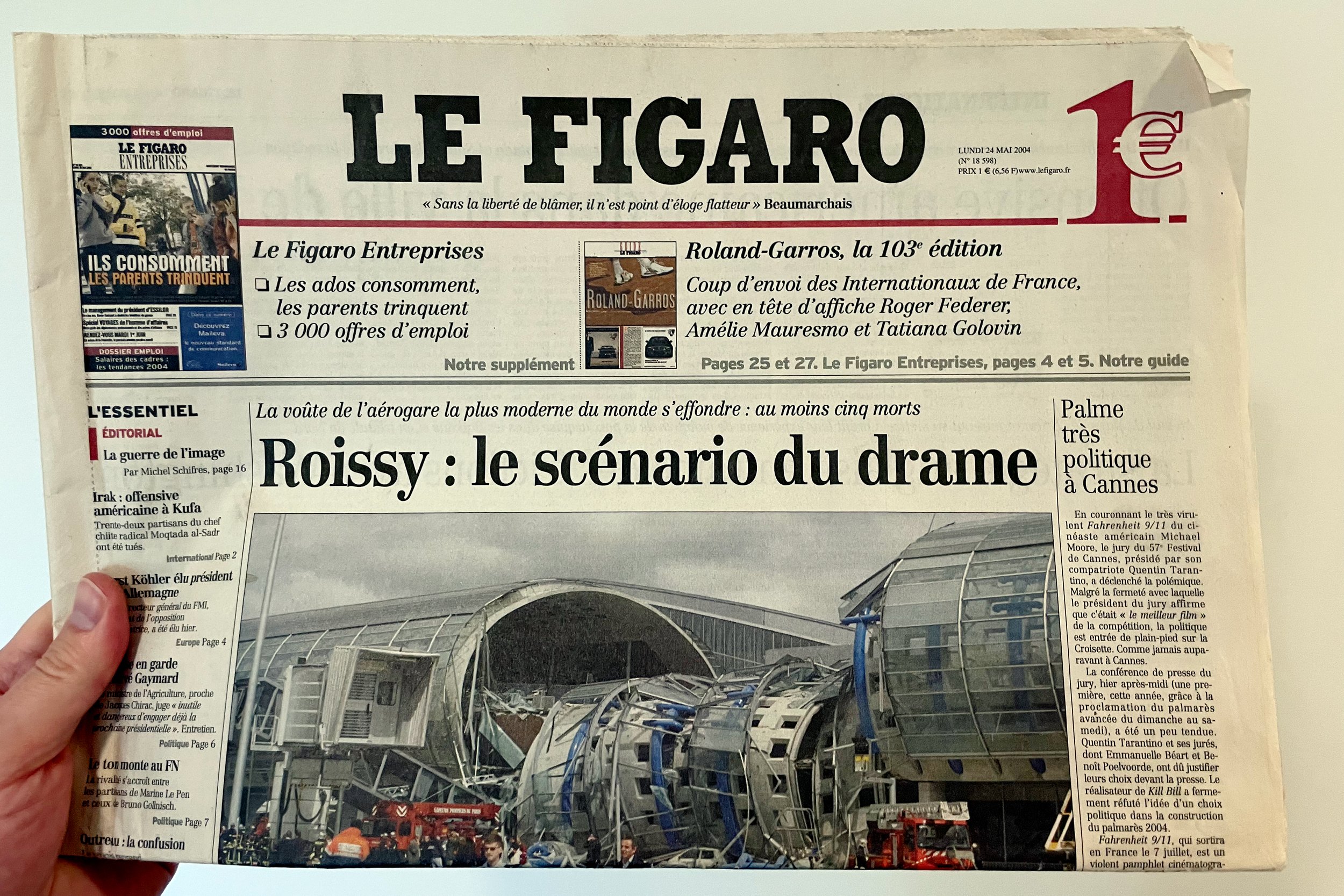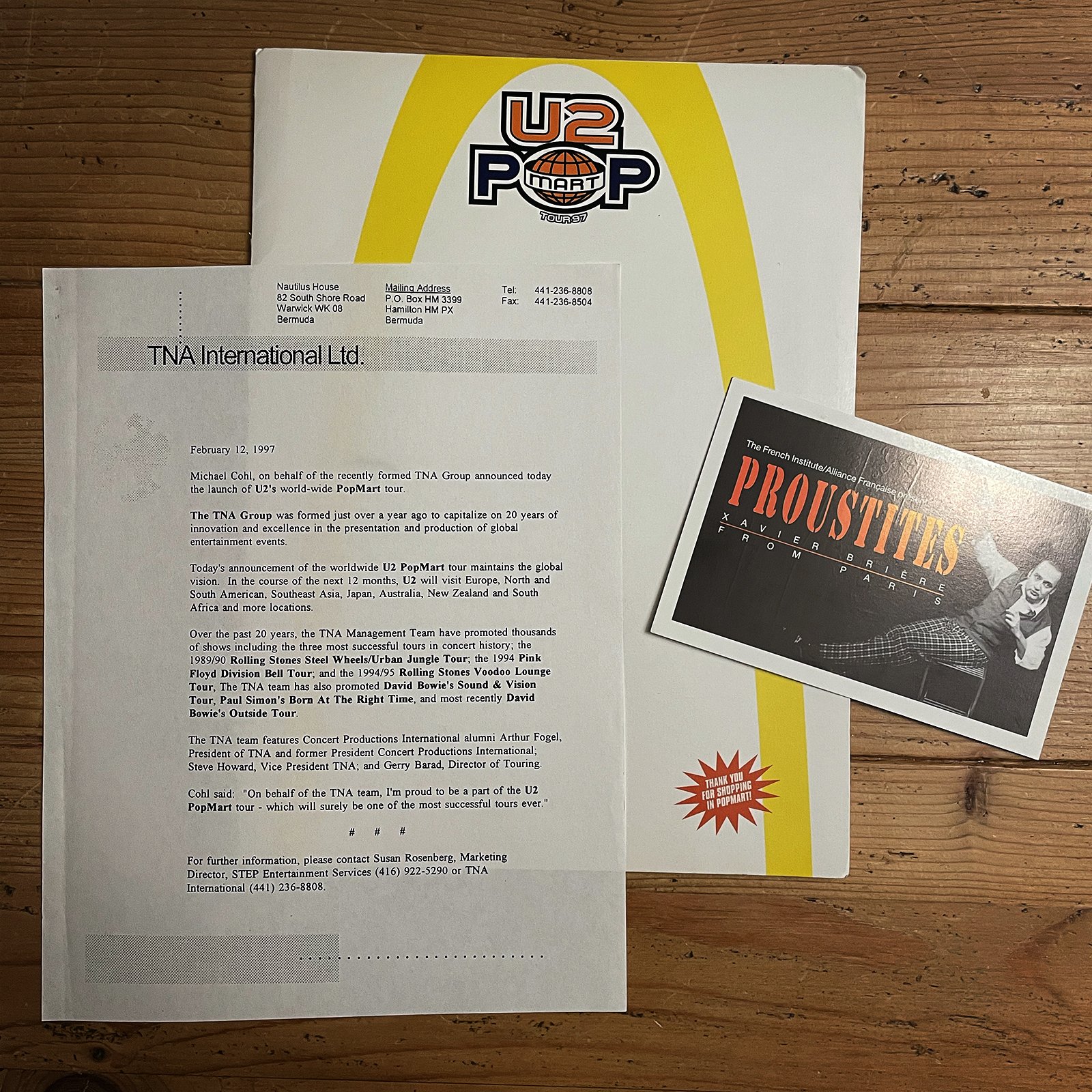No one wants to be assaulted during their morning commute, but I grew to accept it as one of the many hazards of the New York City subway system, especially during an election. I’d had rigid flyers and sweaty hands thrust at me before, but this one in 2009 felt different. There was something about this middle-age white guy that seemed genuine and likable. He was running for City Council. I had a premonition that he should be mayor.
Brad Lander won the council position with a significant majority of the votes and, over the next few years, I watched him significantly transform the 39th district in Brooklyn. “Watched” because I could literally look across the street from my apartment into his office. Not that I could see what was going on, but the guy I just met on the elevated platform of the 4th Avenue F stop was now coming and going from the nondescript entryway next to Neergard Pharmacy—a microcosm of neighborhood necessities; the same building where I drew blood for my annual physicals; where I soon made midnight runs for diapers and formula and children’s Motrin, or swept through the second-floor toy shop where I bought my daughter’s first Lego kit. Emailed newsletters kept me informed of the councilman’s activities, but I knew things were afoot when his office lights were illuminated late at night, more often than not.
The actual mayor at the time lived a block up the hill. A tall, lanky guy who resisted the allure of Gracie Mansion and, even after he was forced to relocate, and drew flak for regularly returning to the Park Slope YMCA for a daily workout, tax-funded motorcade and all. While it was a novelty regularly passing Bill DeBlasio on the street (his fiercest competition in my mind was another enigmatic celebrity, Sir Patrick Stewart), Brad Lander was in the pedestrian mix, striving to make the city, and perhaps the world, a better place.
After I moved to the suburbs, I’d occasionally spot Brad on the streets of Midtown, a celebrity in his own right. He was getting things done, whatever those things might be. Revitalizing the bleakly industrial Gowanus Canal. Pushing for paid family sick leave. Introducing “participatory budgeting.” He moved the needle of progress. Competence in a city known for its corruption. Eventually term limits forced him out of the council and into a successful campaign for city comptroller, where he’s given current Mayor Eric Adams some well-deserved friction.
There was no surprise when he threw his hat in the ring for the next mayoral cycle. I saw this coming all along. Is this the right time? Almost, but I trust my gut feeling from years ago.
Now that he’s made national and international news for being who he’s always been, I can attest that Brad Lander is indeed a decent, hard-working guy who knows how the system works and because of that would be a fantastic mayor for one of the largest and most complicated cities in the world.















